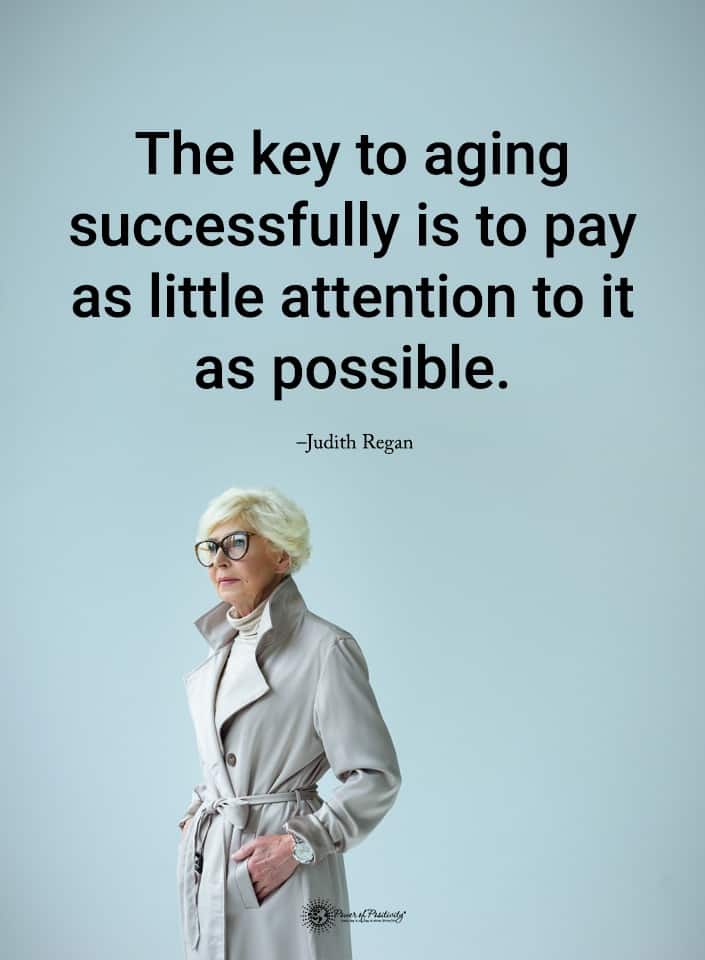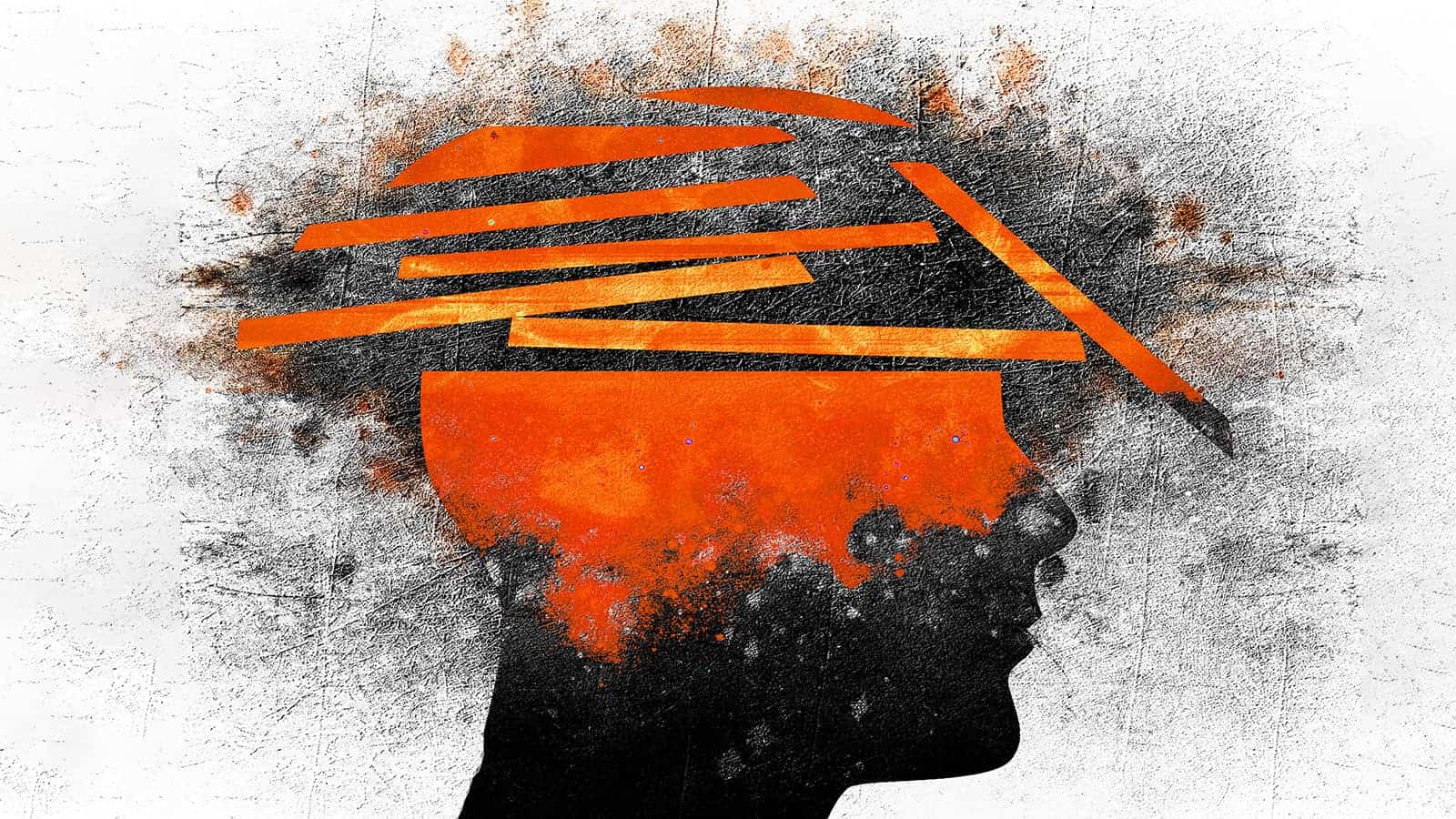Do you or someone you love struggle with cognitive decline? As you grow older gracefully, loss of brain function is a significant concern. Conditions like dementia and Alzheimer’s threaten living out your golden years in health and happiness. You can do things to prevent or slow the progression of a cognitive issue, such as cease smoking, increase your physical activity, and do challenging brain games.
Sadly, there is no cure or way to stop cognitive issues, and dementia is often dubbed “The long goodbye,” as a person can suffer for many years with this issue. How do you know if you’re having memory problems associated with stress overload or if your brain is experiencing issues related to dementia?
Signs of Cognitive Decline
Cognitive decline is scary and overly concerning for you and your family and friends. Thankfully, some hallmark signs indicate a problem, and you can begin intervention to slow the progress. Here are the most common symptoms that show something isn’t right in the brain and must be addressed.
 1. Memory Loss Reveals Cognitive Decline
1. Memory Loss Reveals Cognitive Decline
Most people who suffer from conditions like dementia seem to be stuck in the past. They may be able to recall meeting their spouse, their children’s birth, and other pivotal moments initially. It’s the short-term memory that seems to be most affected.
Eventually, short- and long-term memories are nearly wiped away as the disease progresses. Memory loss on a small scale is almost always the first sign of a problem with dementia.
2. Difficulty Developing Ideas and Following Plans
Many people with dementia will make lists for themselves to help them accomplish their goals. They can’t remember things, and following a list can be challenging. You might incorporate sticky notes to remind them of the simple things they must do, like brushing their teeth.
However, this little trick is only helpful initially. A person suffering from this condition will eventually forget to use the restroom and other significant functions.
3. Challenging to Complete Daily Tasks
Completing daily tasks may be a significant hurdle each day. They may go into the bathroom ten times but still forget to shower. They know they must go in there but can’t remember why.
Once in the shower, they may forget they must wash their hair and other typical bathing behaviors. The need for home health assistance or a relative to step in becomes apparent. When it gets to this stage, a person shouldn’t be left alone.
4. Confusion Can Mean Cognitive Decline
Confusion is commonplace with cognitive decline. You mustn’t argue with this person as it only makes matters worse. They may have all sorts of names and dates mixed up, but it’s best to let them believe what makes them happy and seek help for the lack of memory.
Confusion is quite scary for the person and you. So, it would help if you learned tricks to defuse the situation and redirect them into something else.
5. Lacking Visual Coordination
As the brain continues to have issues, the ability to interpret visual stimuli becomes an issue. When visual coordination is required, a person with dementia may not process the visual stimuli in front of them.
This person is expected to lose interest in things they once loved, like knitting, driving, or sewing. Anything that requires keen skills where the vision is involved will become increasingly difficult.
6. Problems Speaking or Completing Thoughts
Speaking becomes an issue in more advanced cases where cognitive issues are present. They lose words and the ability to keep their train of thought to complete a sentence. They might also tell the same stories repeatedly. The part of the brain that controls speech is the left frontal lobe, according to the Weill Institute of Neuroscience.
7. Difficulty Writing May Reveal Cognitive Decline
According to Mayfield Clinic, the brain’s left hemisphere controls the ability to write. As the brain cells in this region become damaged, simple things like writing their name become impossible. They may have always had excellent grammar and punctuation, and now they can’t spell anything.
 8. Losing or Misplacing Things
8. Losing or Misplacing Things
One of the first signs of cognitive issues is continuously misplacing things. The remote may be gone for weeks and found outside in the garage. The ice trays in the freezer might be in a cabinet in the kitchen. All sorts of weird placement of items become pretty commonplace.
9. Lack of Judgment
A person’s capabilities to make decisions go away as the decline worsens. They may not be able to make a change at the grocery store or make the decision to seek medical help in an emergency. Issues with poor judgment are progressive.
10. Social Isolation
The world becomes a scary place for a person with cognitive decline. Since knowing names and faces often is an issue, they may feel terrified to leave their home. They find comfort in familiar things and like to keep the few things they recognize close to them.
11. Mood Alterations Could Indicate Cognitive Decline
Did you know the hypothalamus is the section of the brain that controls your mood and tells you that you need to eat and drink? When there are severe mood alterations, the decline affects the center of the brain, according to MD Health. It doesn’t have to be dementia that affects this part of the brain, as any trauma to this region would produce the same results.
12. Personality Changes May Reveal Cognitive Decline
The frontal lobes are part of the cerebrum and help control your personality. People who have damage to this area may experience sudden changes in their demeanor. For instance, an individual who was always jolly and smiling may suddenly become combative and bitter. They have no control over this as it’s a total brain decline. According to Sciencing, this is the most extensive section of the brain, so when it’s affected, a person will experience the most significant symptoms.
13. Wandering and Getting Lost
A person will start wandering once the cognitive decline is in more severe stages. For some reason, it tends to always happen during the evening or nighttime hours, when anxiety is usually at its worst. They may be searching for a place in their mind or dealing with confusing misfires from the brain’s neurons, but wandering is quite common.
It’s called “Sundown Syndrome” because it often occurs at sundown.
14. Constantly Longing to Go Home
Most caregivers and family members notice that the advanced stages of dementia cause a person to want to go home. They will ask to go home many times throughout the day, even if they are at home. This signifies that they no longer recognize their surroundings and are confused by everything they see.
At this stage, they no longer recognize many faces or can recall names.
Tips to Slow Mental Decline
There is no cure, but there are plenty of prevention methods and things that can help slow the decline. The first and best thing to do is to use natural supplements to help.
•Herbs
Try things like turmeric, sage, rosemary, Vacha, ashwagandha, saffron, cinnamon, ginger, and kava kava to improve brain function. You may need to try several before you find one that works, and some combinations of herbs may work best.
Before taking supplements, ensure they won’t interact with anything else you’re taking.
•Do Brain Strengthening Activities
Many activities can help to strengthen the brain. Crossword puzzles, sudoku, and jigsaw puzzles are often considered the best. Many nursing homes and assisted living facilities to use things like music therapy and other activities to help stimulate the brain.
•Get Moving
Exercising gets the blood pumping, penetrating areas of your brain that need it most. The more you move, the more your blood pumps, which means more oxygen and cells’ rejuvenation.
•Eating Right
If you want to reduce cognitive decline, then eating the proper diet to fuel your brain is essential. Don’t skimp on those leafy greens, cold-water fish like salmon, and plenty of healthy fats. The Mediterranean-style diet is known to slow cognitive issues, so it’s a good option.
 Final Thoughts on Slowing Down Cognitive Decline
Final Thoughts on Slowing Down Cognitive Decline
When faced with cognitive decline, it’s scary and overwhelming. Some things can be done to slow or prevent the progression, but there is no way to treat it. People don’t die from dementia or Alzheimer’s, but their body develops comorbidities like respiratory or kidney failure.
Thankfully, you can live for many years with cognitive problems and slow them by changing your lifestyle a bit. If your family has a history of such issues, it’s best to take proactive measures early on. Things like ensuring you get enough rest, exercising, and adding herbal supplements to your daily regimen can make a big difference.



















